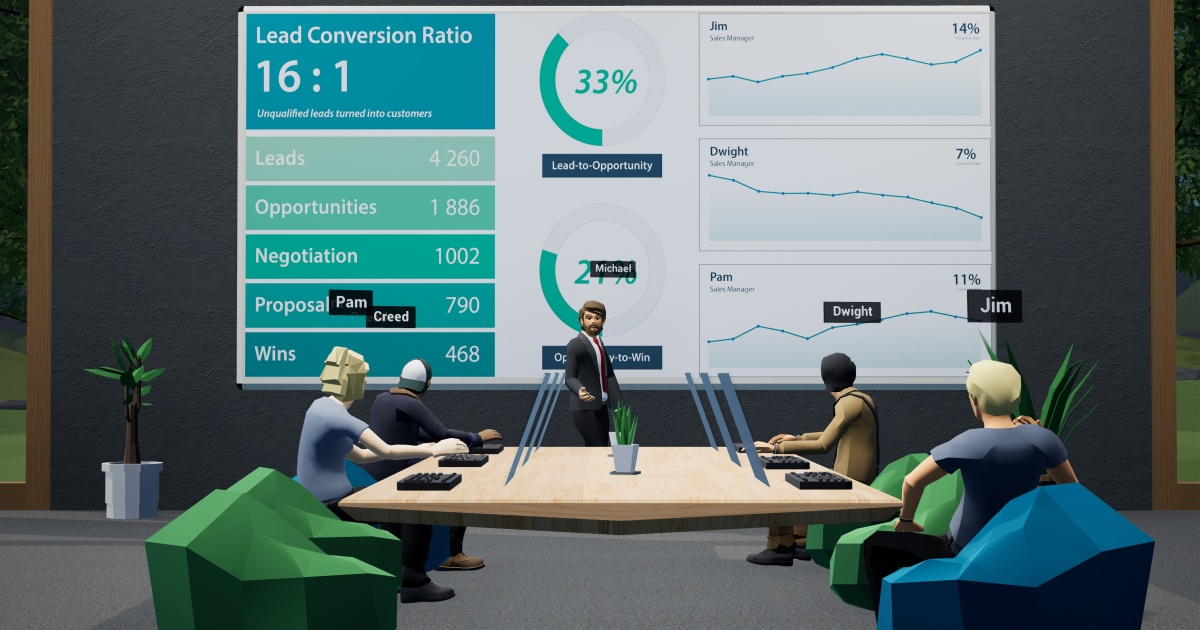
Virtual worlds with avatars are already being featured by gaming companies, such as Roblox and Epic Games with Fortnite. These worlds enable users to interact with each other using the avatar they created to achieve various tasks and even purchase in-game items with in-game currency.
Now think of a work meeting hosted at a beach, mountain top or even in front of the Eiffel Tower in Paris to mimic Mark Zuckerberg’s famous virtual photo. That sounds too good to be true for business employees. But that may not be too farfetched with the metaverse bringing new ways to connect and collaborate.
It basically comes down to the work environments themselves and if they are ready to integrate with the metaverse. Ciena commissioned a global study and revealed that 96% of businesses do see value in virtual meetings and more than three-fourths would participate in more immersive metaverse experiences. The main reasons are an increase in collaboration among employees and convenience.
The metaverse will allow enterprises to create a virtual space that transforms virtual work. As more employees work from home today – compared to working in offices before the pandemic – in-person social interactions are less common, and sometimes even nonexistent. Think of the days in office when groups would have their shared water-cooler moments. With the metaverse, those interactions can be recreated with digital avatars, which 35% of study participants said they would create to reflect their real-world selves.
A less formal example would be a happy hour setting in the metaverse. This could allow remote workers, who are located in cities away from company HQ, to actually interact with other colleagues outside of formal work settings.
Again, social interaction is key in a time when workers often only see their own faces in the reflection of the computer. Employees can enjoy the chance to learn more about their colleagues, teams, and managers, ultimately increasing collaboration and productivity throughout the business.
It seems destined to become reality, as 71% of professionals see the metaverse becoming part of existing work practices with 40% thinking their business will move away from traditional/static collaboration environments to more immersive and VR-based platforms in the next two years.
“The business world is ready to move to the metaverse and start using more immersive virtual environments for collaboration and innovation,” said Steve Alexander, senior vice president and chief technology officer of Ciena.
Edited by
Erik Linask